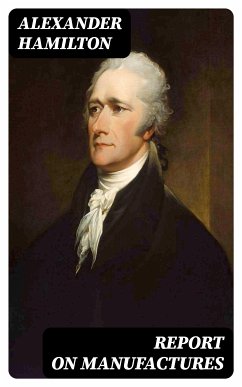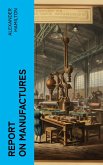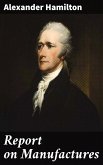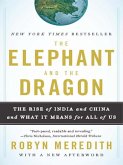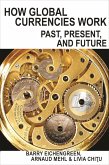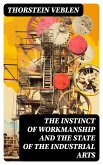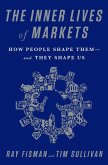In his seminal work, "Report on Manufactures," Alexander Hamilton provides a comprehensive and forward-thinking analysis of the economic framework necessary for a burgeoning nation. Written in 1791, this report lays the groundwork for American economic policy, advocating for the protection and expansion of domestic manufacturing. Hamilton's clear and persuasive prose, rich in empirical evidence and articulate argumentation, situates the text within the broader context of Enlightenment thought and the emerging capitalist ethos of the early United States. His visionary insights into tariffs, subsidies, and the importance of a diversified economy resonate profoundly with contemporary economic discourse. As one of the Founding Fathers and the first Secretary of the Treasury, Hamilton was uniquely positioned to address the economic challenges facing the fledgling nation. His experiences, particularly in the aftermath of the Revolutionary War and the economic instability that ensued, deeply influenced his advocacy for a strong federal role in economic development. This report not only reflects his intellectual rigor but also embodies his profound commitment to creating a sustainable economic future for America. "Report on Manufactures" is essential reading for anyone interested in the foundations of American economic policy, the evolution of governmental roles in industry, and the historical context of economic thought. This work promises to enlighten contemporary readers about the enduring relevance of Hamilton's ideas in the nexus of manufacturing and policy. In this enriched edition, we have carefully created added value for your reading experience: - A succinct Introduction situates the work's timeless appeal and themes. - The Synopsis outlines the central plot, highlighting key developments without spoiling critical twists. - A detailed Historical Context immerses you in the era's events and influences that shaped the writing. - An Author Biography reveals milestones in the author's life, illuminating the personal insights behind the text. - A thorough Analysis dissects symbols, motifs, and character arcs to unearth underlying meanings. - Reflection questions prompt you to engage personally with the work's messages, connecting them to modern life. - Hand-picked Memorable Quotes shine a spotlight on moments of literary brilliance. - Interactive footnotes clarify unusual references, historical allusions, and archaic phrases for an effortless, more informed read.
Dieser Download kann aus rechtlichen Gründen nur mit Rechnungsadresse in A, B, BG, CY, CZ, D, DK, EW, E, FIN, F, GR, H, IRL, I, LT, L, LR, M, NL, PL, P, R, S, SLO, SK ausgeliefert werden.

